
ENGINEERING MATHEMATICS
Engineering mathematics is one of the compulsory subjects in GATE with a high weightage. Engineering Mathematics is the art of applying mathematics to complex real-world problems. It combines mathematical theory, practical engineering and scientific computing to address today’s technological challenges. Engineering mathematics is also one of the part syllabus in ESE Prelims Paper-1.
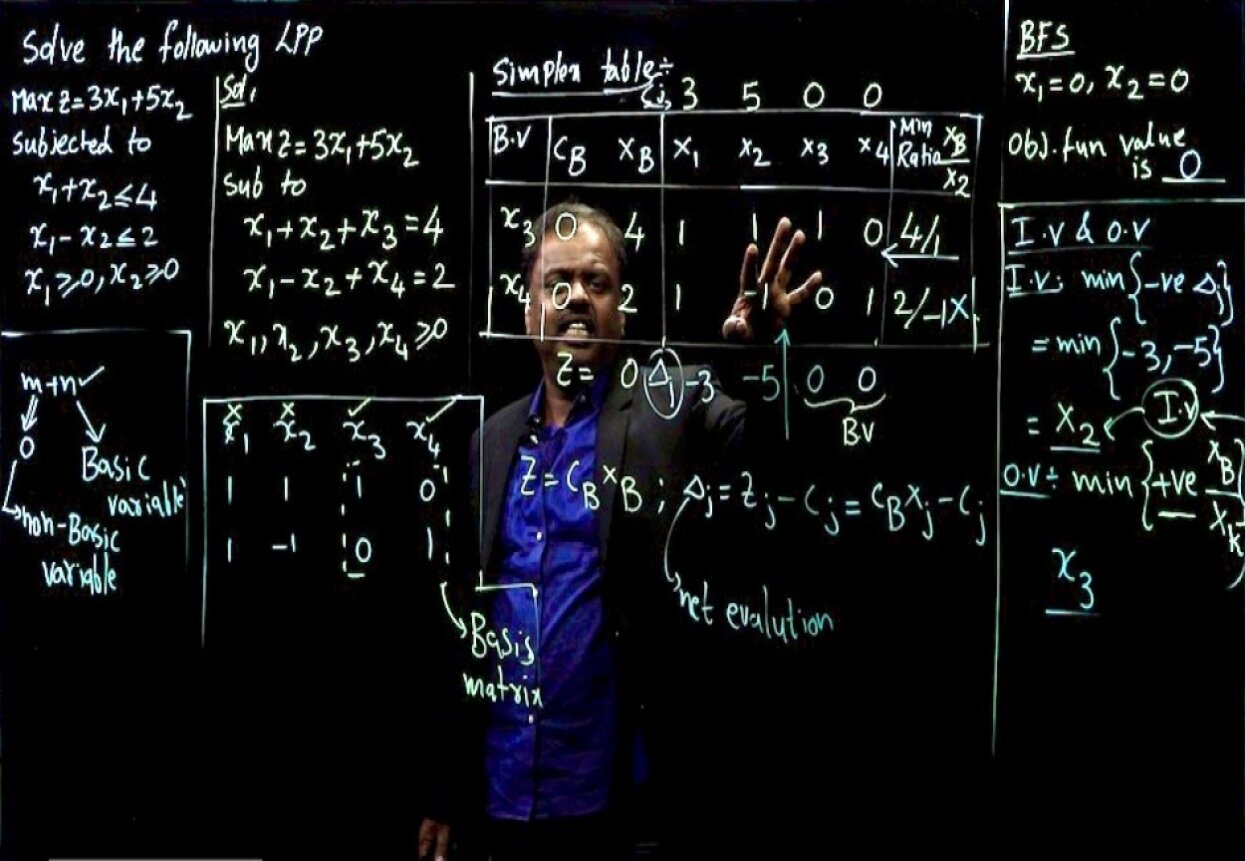
IE & OR
Industrial Engineering & Operations Research combines two disciplines focused on the operation of complex systems. Students learn statistically rooted frameworks to model and solve systems-level engineering problems. Industrial Engineering is about making people and processes safer, more efficient and more effective.
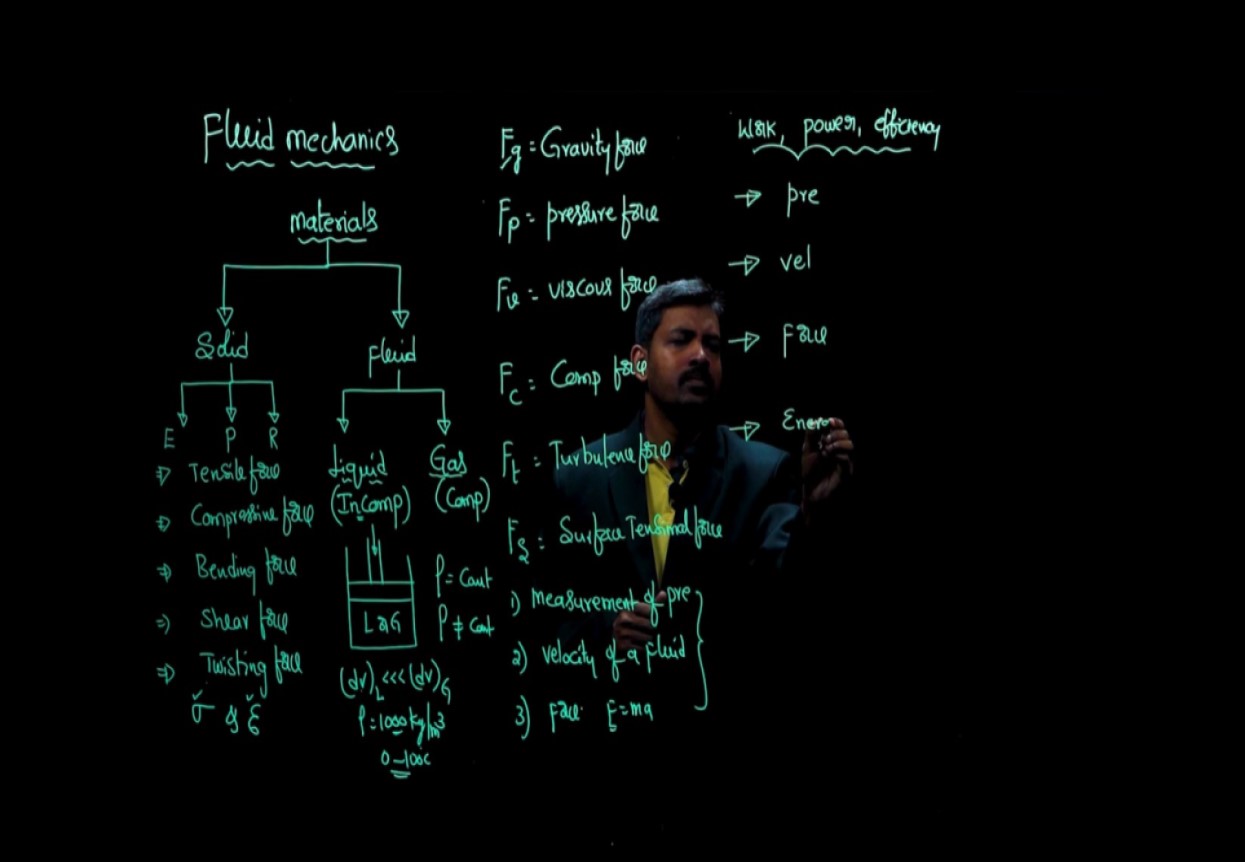
FLUID MECHANICS
Fluid Mechanics is one of the core and vast subject of GATE & ESE mechanical Engineering and Civil Engineering describes the behavior of water under static and dynamic forms. Fluid Machinery is the perfect approach to understand other subjects like turbo machinery, heat and mass transfer, etc.
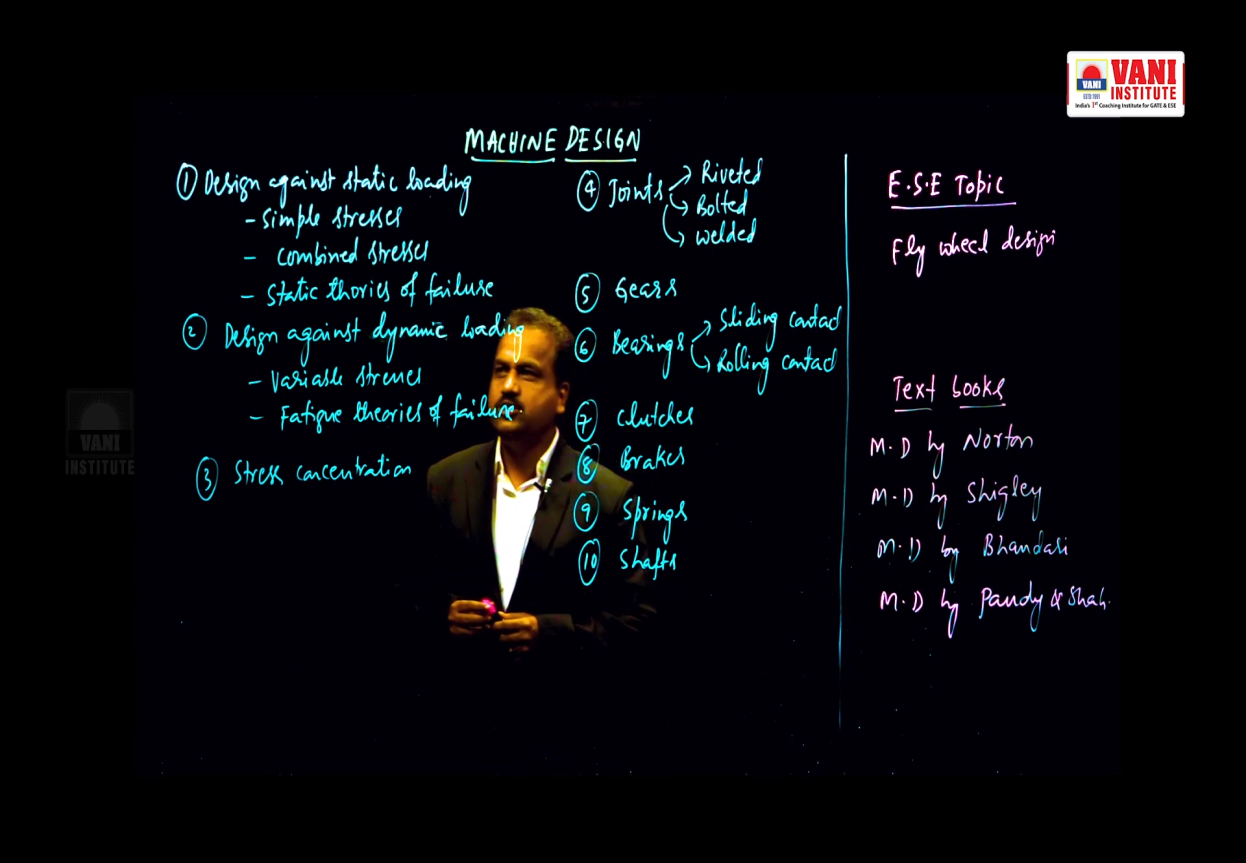
MACHINE DESIGN
Machine design is the subject where we apply the concepts of Engineering mechanics and Strength of materials during the pre production process of various machine elements like bearings, gears, brakes, clutches, springs etc. hence this subject is also called as “Design of machine elements”.
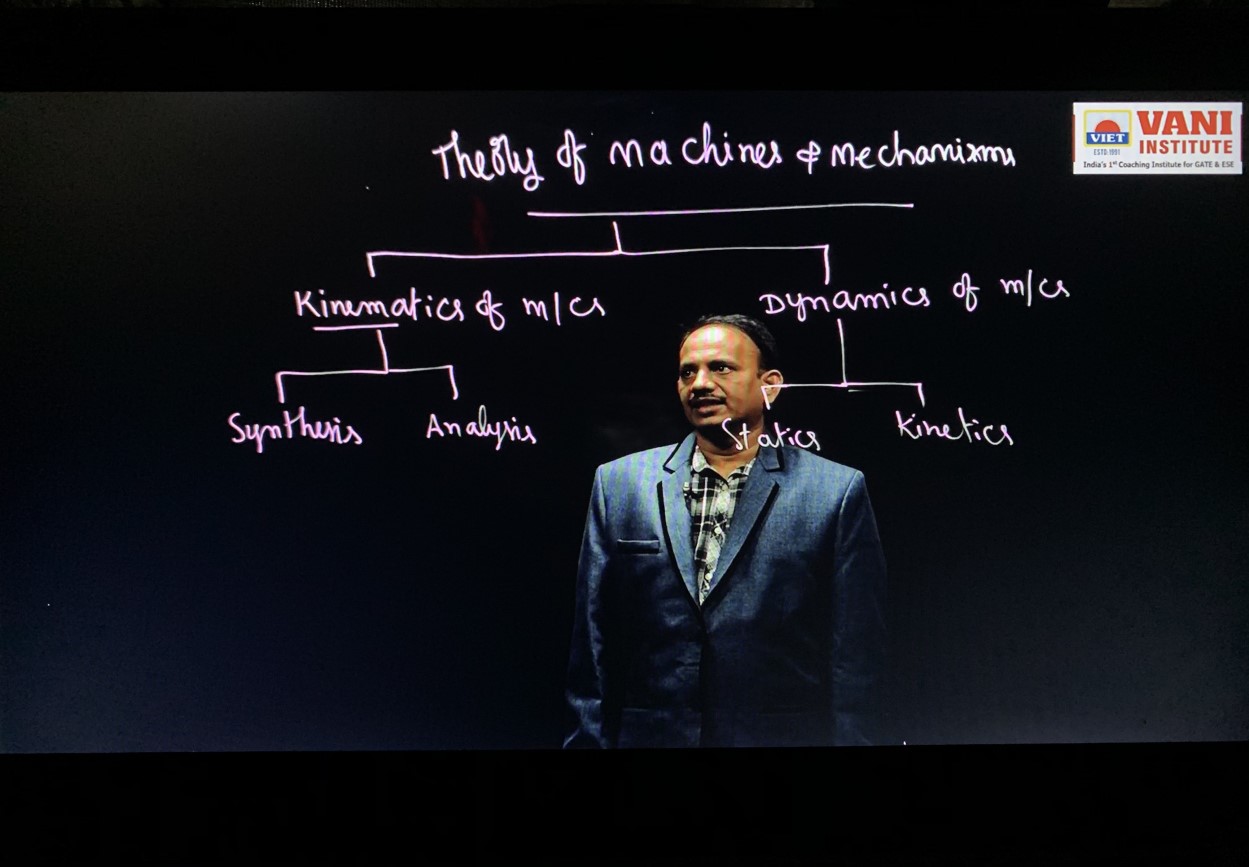
THEORY OF MACHINES
Theory of Machines deals with the study of relative motion between the various parts of machine, and forces which act on them. ... It combines theory, graphical and analytical skills to understand the Engineering Design. This subject contains marks weightage of 8 to 9 in GATE Mechanical Engineering.
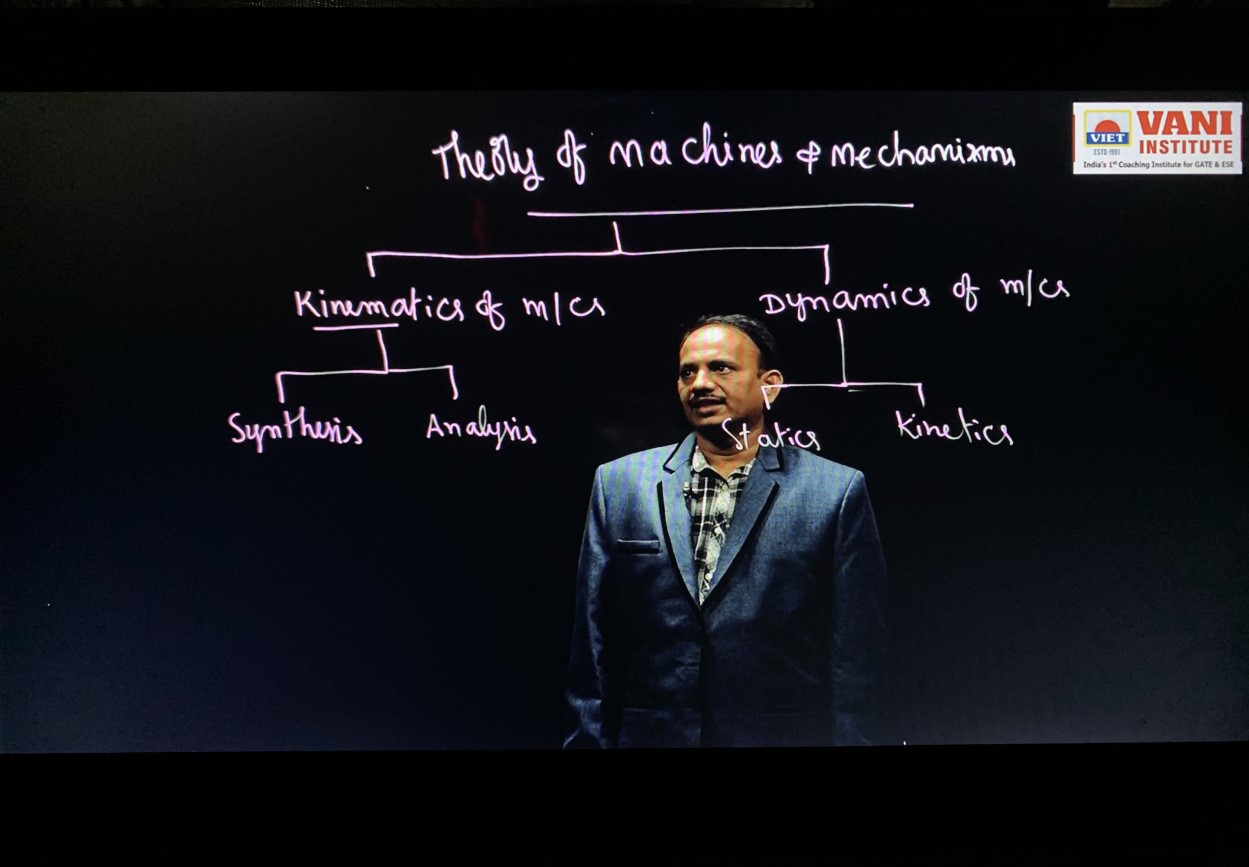
VIBRATIONS
Vibration is a mechanical phenomenon whereby oscillations occur about an equilibrium point. The word comes from Latin vibrationem ("shaking, brandishing"). The oscillations may be periodic, such as the motion of a pendulum—or random, such as the movement of a tire on a gravel road.
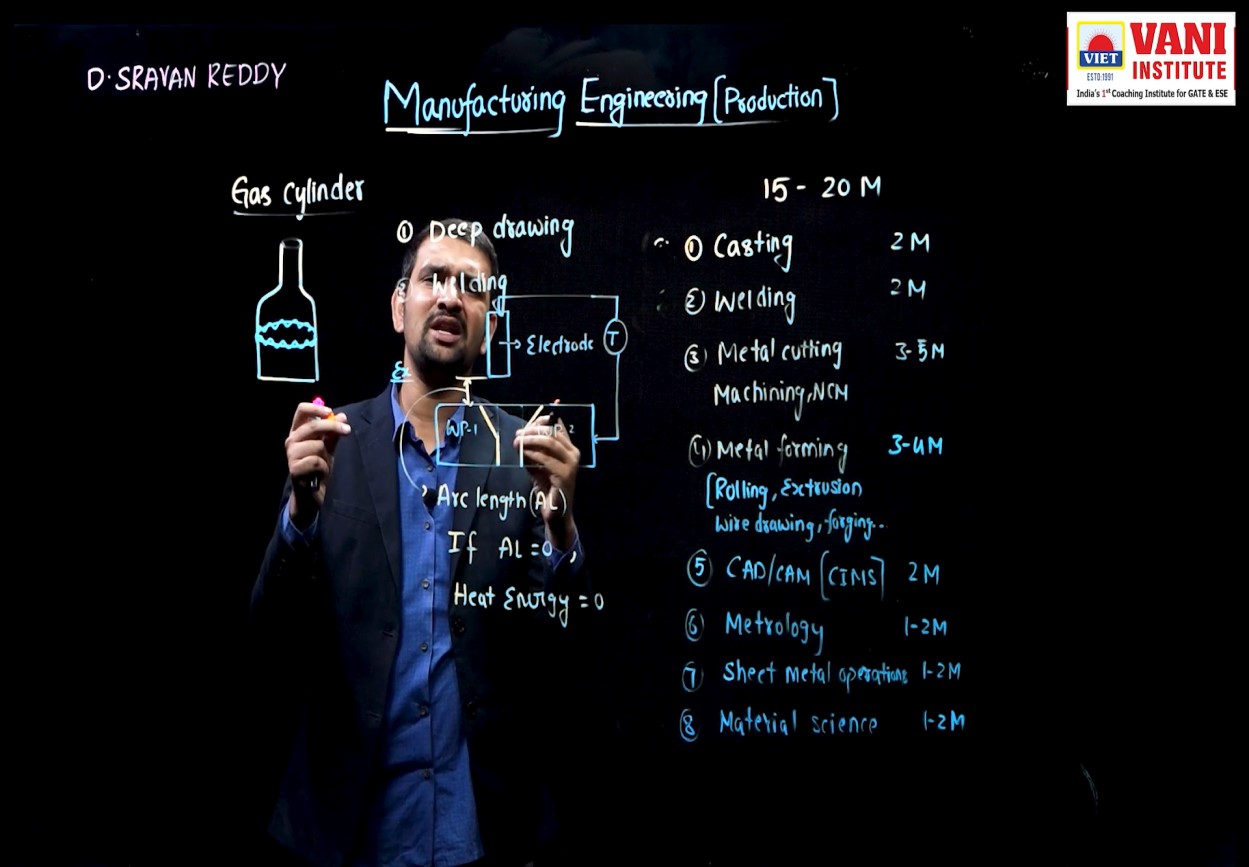
PRODUCTION
Manufacturing or Production Engineering is the subset / specialization of a Mechanical Engineering. Mechanical Engineering with the focus only on Machine Tools, Materials Science, and Quality Control is known as Manufacturing Engineering. Professional manufacturing engineers are responsible for all aspect of the design, development, implementation, operation and management of manufacturing system.
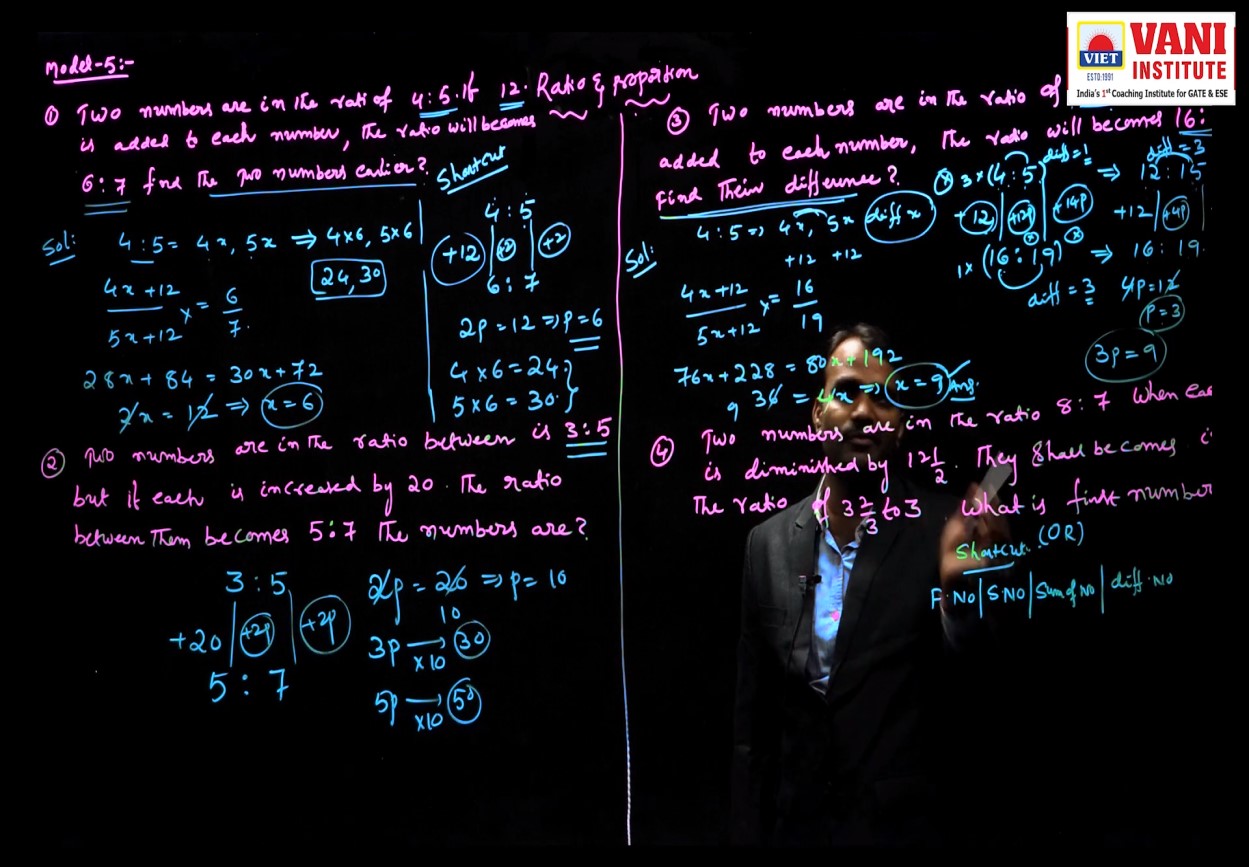
GENERAL APTITUDE
General Aptitude in a Graduate Aptitude Test in Engineering (GATE) includes Numerical Ability and Verbal Ability. Students end up focusing on the core technical subjects, taking Aptitude lightly. ... Aptitude section has high weightage in GATE, 15 marks much more than many other technical subjects. General Aptitude is also one of the part syllabus in ESE Prelims Paper-1.
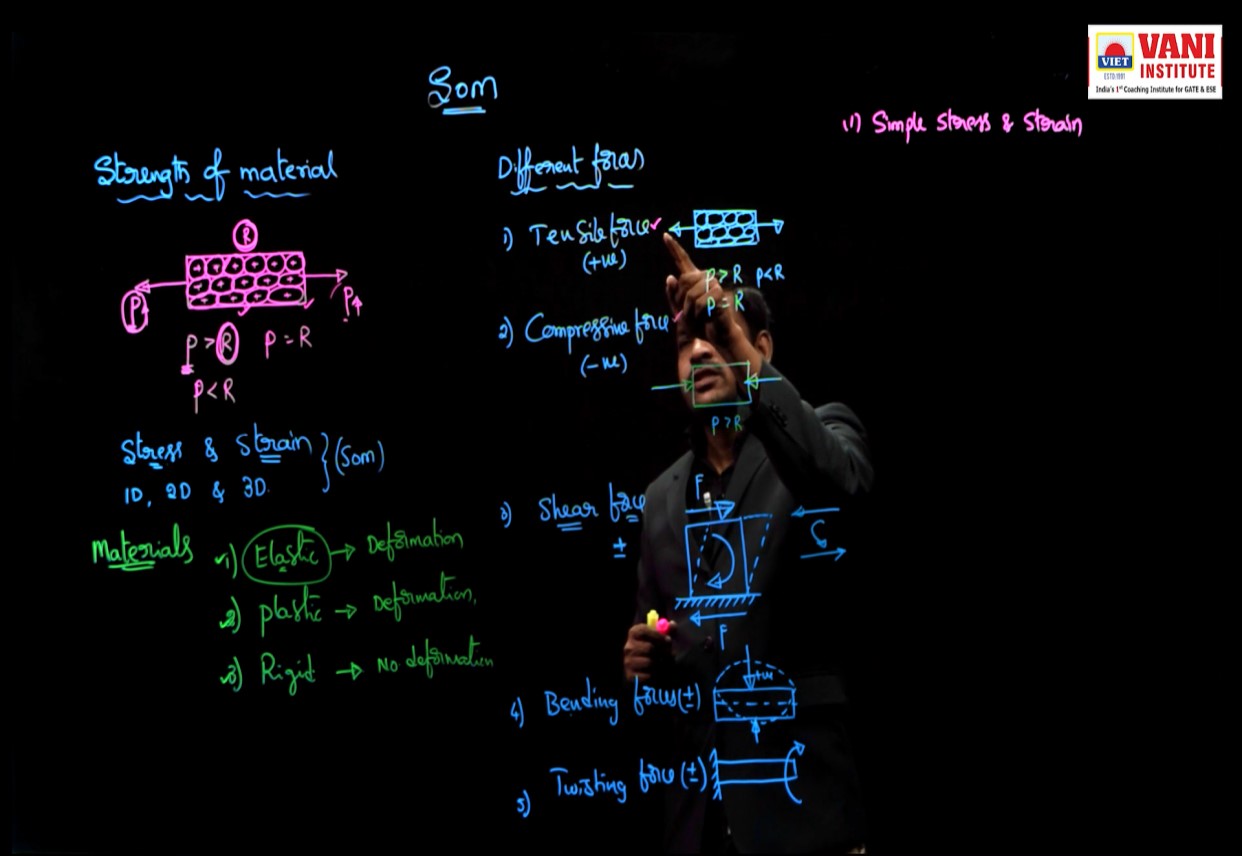
STRENGTH OF MATERIALS
Strength of materials, also called mechanics of materials, is a subject which deals with the behavior of solid objects subject to stresses and strains. It consists of wide-ranging topics of Torsions, Bending Stress, Mohr’s Circle etc. The ultimate strength refers to the point on the engineering stress-strain curve corresponding to the stress that produces fracture.
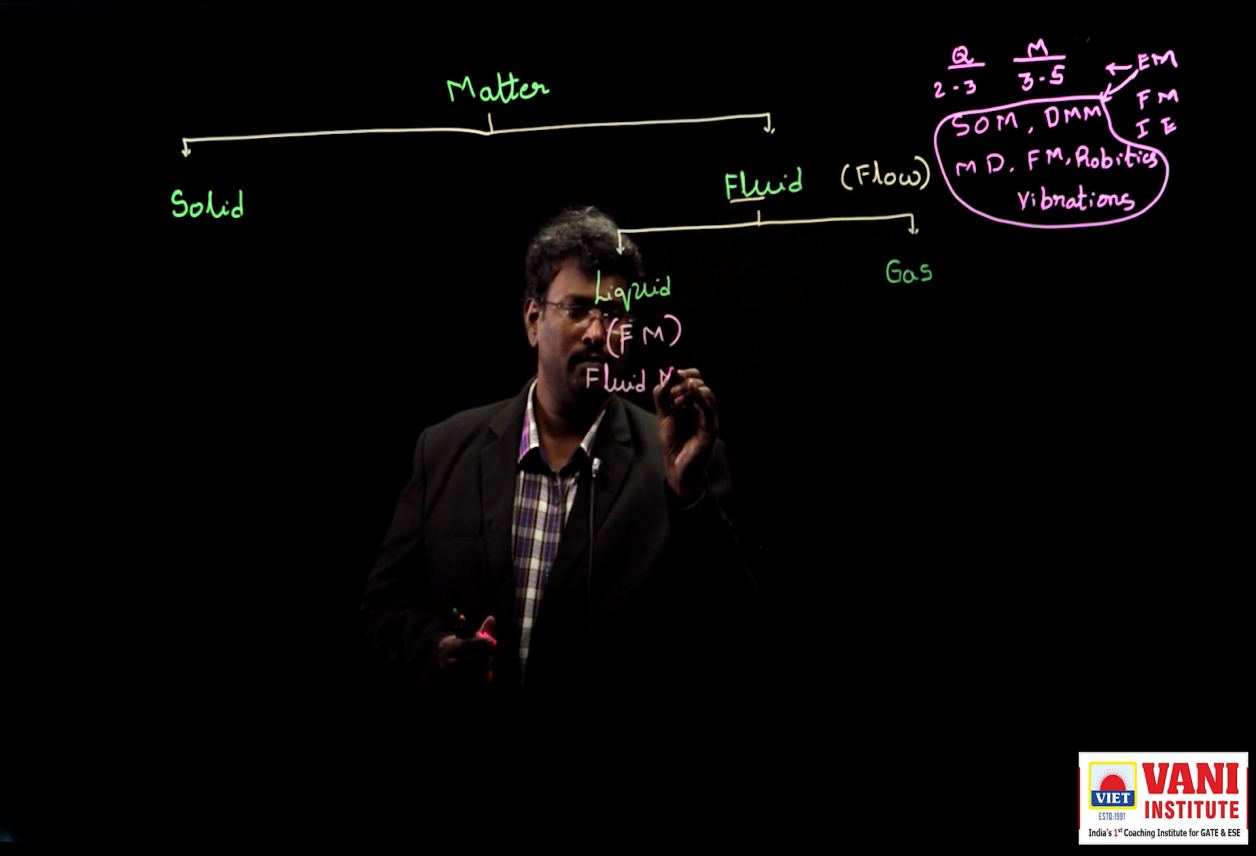
ENGINEERING MECHANICS
Engineering mechanics is the application of mechanics to solve problems involving common engineering elements. The goal of this Engineering Mechanics course is to expose students to problems in mechanics as applied to plausibly real-world scenarios.

THERMODYNAMICS
Thermodynamics is the study of the relations between heat, work, temperature, and energy. The laws of thermodynamics describe how the energy in a system changes and whether the system can perform useful work on its surroundings.

HEAT TRANSFER
Heat is a concept that is important to understand in various engineering fields. It is particularly mechanical and chemical engineers because heat transfer plays a key role in material selection, machinery efficiency and reaction kinetics, respectively.
-
 Fri, 01-May-2020
Fri, 01-May-2020
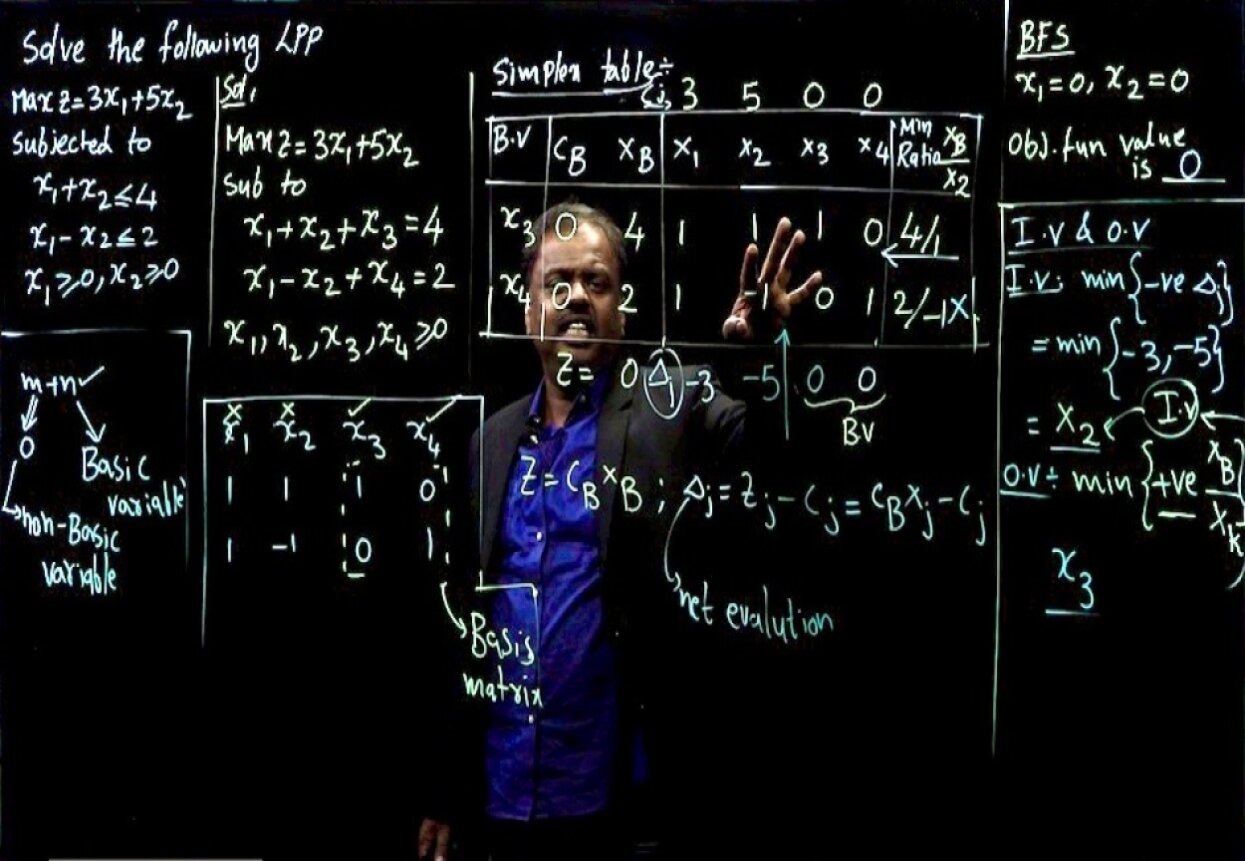
Write a public review